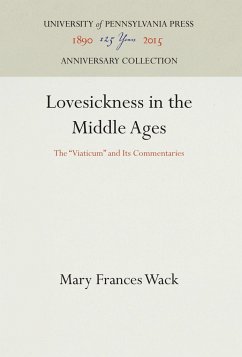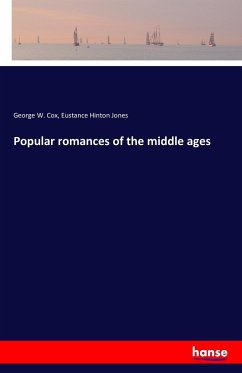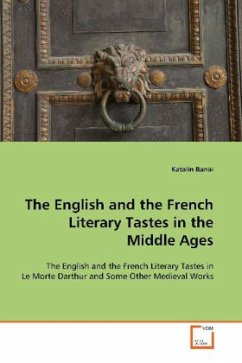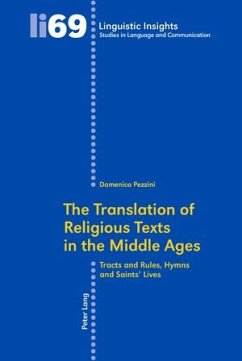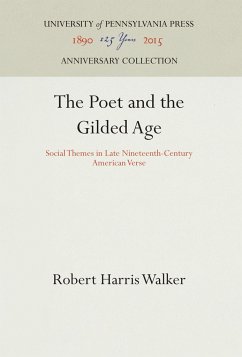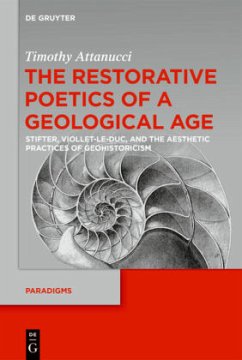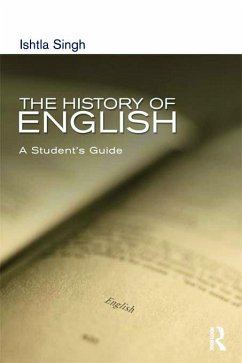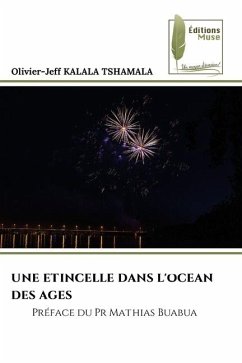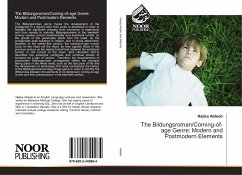Nicht lieferbar
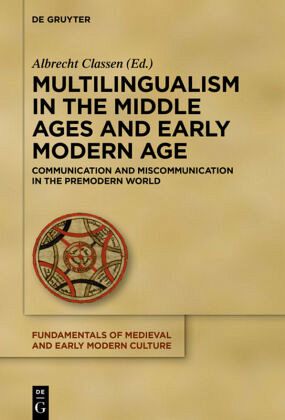
Multilingualism in the Middle Ages and Early Modern Age
Communication and Miscommunication in the Premodern World
Herausgegeben: Classen, Albrecht
Versandkostenfrei!
Nicht lieferbar
Bi- and multilingualism are of great interest for contemporary linguists since this phenomenon deeply reflects on language acquisition, language use, and sociolinguistic conditions in many different circumstances all over the world. Multilingualism was, however, certainly rather common already, if not especially, in the premodern world. For some time now, research has started to explore this issue through a number of specialized studies. The present volume continues with the investigation of multilingualism through a collection of case studies focusing on important examples in medieval and ear...
Bi- and multilingualism are of great interest for contemporary linguists since this phenomenon deeply reflects on language acquisition, language use, and sociolinguistic conditions in many different circumstances all over the world. Multilingualism was, however, certainly rather common already, if not especially, in the premodern world. For some time now, research has started to explore this issue through a number of specialized studies. The present volume continues with the investigation of multilingualism through a collection of case studies focusing on important examples in medieval and early modern societies, that is, in linguistic and cultural contact zones, such as England, Spain, the Holy Land, but also the New World. As all contributors confirm, the numerous cases of multilingualism discussed here indicate strongly that the premodern period knew considerably less barriers between people of different social classes, cultural background, and religious orientation. But we also have to acknowledge that already then human communication could fail because of linguistic hurdles which prevented mutual understanding in religious and cultural terms.




